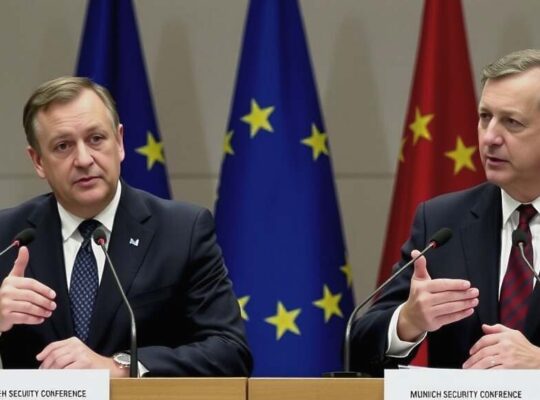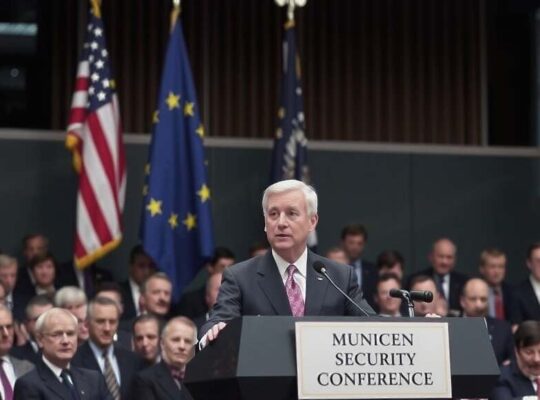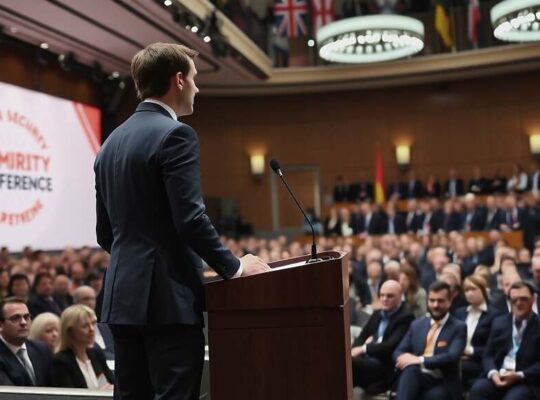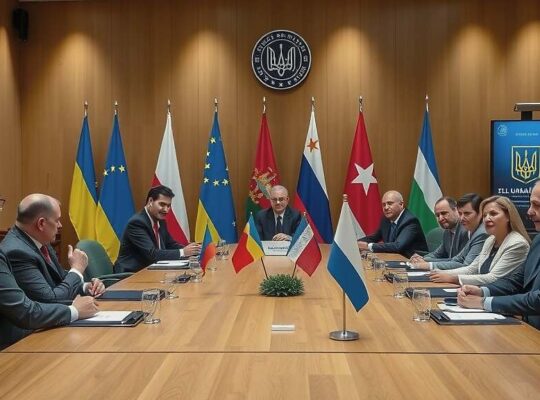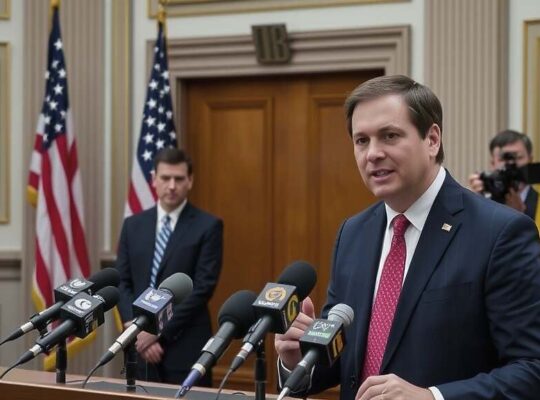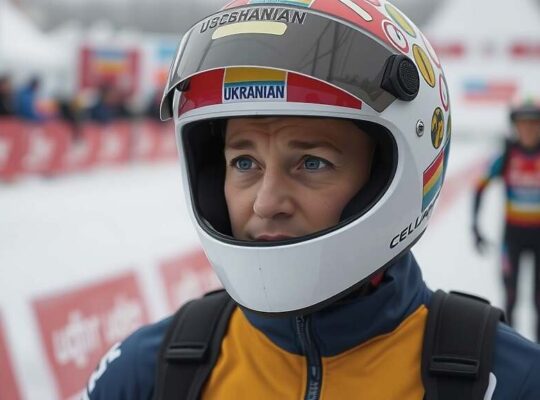Former Ukrainian Foreign Minister Dmytro Kuleba has cautioned against premature optimism regarding a swift resolution to the conflict in Ukraine, following recent diplomatic engagements in Alaska and Washington. In an interview, Kuleba stated that despite outward appearances, substantive progress towards peace remains elusive and the war is likely to continue.
Kuleba, who served as Ukraine’s Foreign Minister until September 2024, alleges that Russian President Vladimir Putin is actively avoiding a direct meeting with Ukrainian President Volodymyr Zelenskyy. He suggests a pattern of rhetoric indicating readiness for negotiation contradicted by instructions to Russian diplomats to obstruct any actual agreement. “Putin knows that if you enter a room for a personal meeting, you must leave it with a deal, or at least the outlines of one” Kuleba explained. “His motivation has not changed. He believes he can win the war and that the West is already faltering.
Looking ahead, Kuleba anticipates increasing pressure from the U.S. administration on both Ukraine and European nations. He forecasts a narrative portraying Russia as constructive and willing to compromise, which he believes will be used to demand concessions from Ukraine and its European allies. Simultaneously, he expects the U.S. to pressure Ukraine and Europe, suggesting a withdrawal of support if its proposals are not accepted.
Kuleba maintains that continued European unity and sustained support for Ukraine are crucial to resisting any attempts to drive a wedge between the two. He believes that both Moscow and Washington recognize this dynamic, even if they do not publicly acknowledge it.
Regarding the possibility of a European military presence in Ukraine, Kuleba indicated that combat troops are unlikely. He suggests that a limited deployment of personnel to non-combat roles – potentially as a symbolic gesture of support – is conceivable, though he characterized such a move as largely performative.




